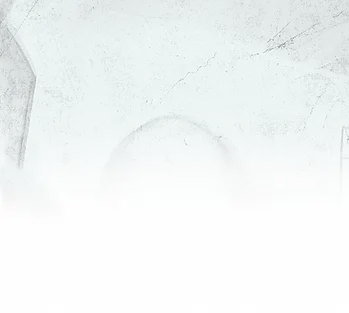Smadar Shiloni, ynet (Yediot Aharonot)
Mar 2, 2025
"No Child Spared, " which presents testimonies about the violence prevalent in ultra-Orthodox educational institutions, does not offer a complex statement or an unpopular opinion—children being beaten, especially in an educational setting, is clearly not a good thing. It mostly reinforces the feeling that the gap between secular and ultra-Orthodox society is widening and makes it clear that change must come from the bottom up—from the parents.

There is one particularly horrifying moment in the documentary No Child Spared (which premiered last night on HOT8), which deals with the normalized violence in ultra-Orthodox educational institutions against young students. There are, of course, more than just one shocking moment—the film is a collection of gut-wrenching and heartbreaking testimonies about the abuse of helpless children by adults. But one moment, which does not even depict direct abuse, arrives in a phone call between the film’s creator, Meni Philip, and one of the rabbis who teaches his son.
During the conversation, the rabbi explains with complete composure and an unwavering sense of righteousness why he beats the children, citing religious justifications as if he were discussing the rationale behind tearing toilet paper before the Sabbath. The conversation escalates to the point where Philip finds himself negotiating with the rabbi and the school principal about whether his son could be exempt from being beaten altogether.
This seemingly ordinary conversation is almost incomprehensible. Especially considering that such behavior in the secular sector—and to be clear, this kind of abuse happens in secular environments too; no one claims it is unique to the ultra-Orthodox world—would quickly lead to criminal charges and public disgrace. Yet here, right under our noses, there exists an entire community of parents who do not object to, and even support, the idea that their children should be subjected to severe physical punishment as a method of education. They pass this violence down from generation to generation, as if it were some ideological torch rather than burning embers leaving scars and wounds.
We have become accustomed to the romanticized portrayal of the ultra-Orthodox community on television. You won’t find a storyline like this in Shtisel. But in reality, while we recoil in horror at descriptions of abuse suffered—albeit in a very different context—by hostages, an entire community readily accepts the idea that a five-year-old child can be kicked in the stomach, slapped across the face, or whipped with a stick and publicly humiliated before a group of other children, all by an adult who is supposed to be their responsible caretaker. This only strengthens the feeling that two separate nations are living within this country.
Not all ultra-Orthodox people support this method, but it seems that those who oppose it are either few in number or too afraid to speak out. Over the years, some rabbis have condemned the practice, and a few educational institutions have even declared themselves—how great are Your works, O Lord—non-violent cheders. But the mere fact that they need to distinguish themselves from other cheders says it all: the majority still condone abuse, and God does not seem to have much mercy on kindergarteners.
Philip was inspired to make the film after his brother posted a viral social media post describing the violence he had endured as a child—violence that haunted him into adulthood, leading to severe emotional struggles: anxiety attacks, emotional detachment, an aversion to physical proximity, and, in some cases, a cycle of perpetuated violence toward animals or other children. Discussions about this phenomenon are not new—they resurface every few years (journalist Amnon Levy conducted a similar investigation six years ago). But this week, an additional fact emerges: the 97 million shekels that will be allocated to ultra-Orthodox education under coalition agreements. The question now is what percentage of the next generation of abused children will wake up, break the cycle, and put an end to it.
There is no complex statement or unpopular opinion here—children being beaten, especially in an educational setting, is not a good thing. No Child Spared mainly reinforces the sense that the gap between secular and ultra-Orthodox society is deepening. More importantly, it clarifies that any change—if it is to come—must come from the bottom up, from the parents, who must open their eyes to the fact that this violence is neither necessary nor inevitable, nor effective. They must remember how they felt as children when the rod was not spared from them—the visceral, physical understanding that there is no possible way this could ever be a form of love.
___
*This article was translated from the original Hebrew version.
